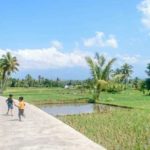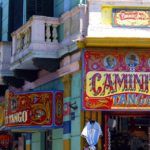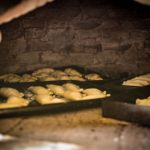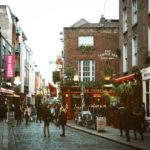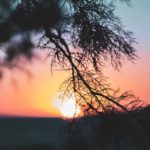The Soundtrack of Boruca, Costa Rica
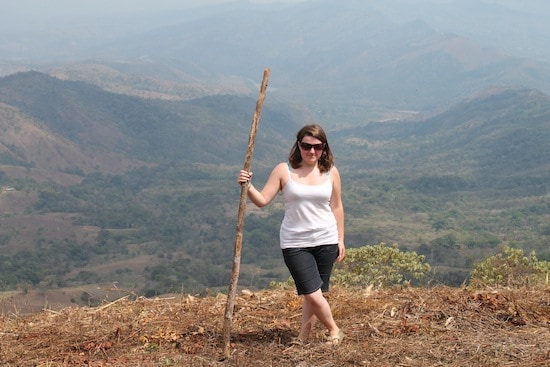

Upon basic inspection, Boruca resembles most other rural Costa Rican towns: it has dusty roads, people meandering along them and a relaxed pace so unlike that of the city lifestyle. It has a few little grocery stores, a couple of laid-back bars and a small pool hall, and that’s it. But then again, if you know where to look, Boruca is very much indigenous.
One of the first clues is the background sound that accompanies day-to-day life. Yes, there are cicadas and crickets so loud you wonder if there’s some problem with the electricity; yes, there is birdsong and the occasional motorcycle groaning past. But there is also the sound of wooden hammers hitting wood-handled chisels; at all times, somewhere in the village, someone is making a mask.
Today, the masks are everywhere. They are beautifully carved and beautifully painted; they represent the Boruca defeating the Spanish invaders so many centuries ago. The men who make the masks spend hours on each one, and no two are the same. The masks define an entire culture; they are a rallying cry, a statement of being. But twenty, thirty years ago, nobody made masks. The background music of Boruca was missing its drumbeat because the culture was so destroyed. Only through the efforts of the Asociación de la Flor, a women’s group in the village, could the culture come back, bringing a cultural identity to a marginalized group.
It took time and effort, but now the little village of Boruca is a tourist center. They don’t have hotels or restaurants; tourists stay with families and eat with the families, and experience the local crafts and nature. Somehow, the tiny little village discovered not only how to keep a culture alive, but how to make tourism work.

